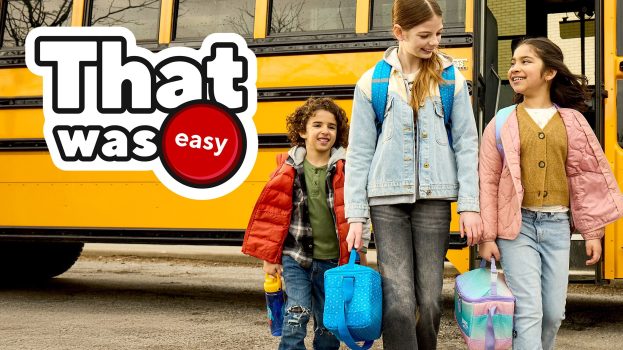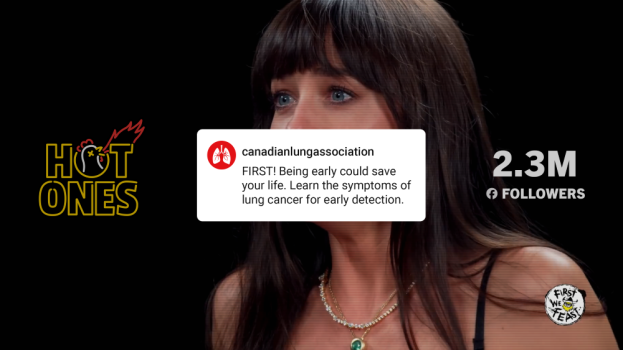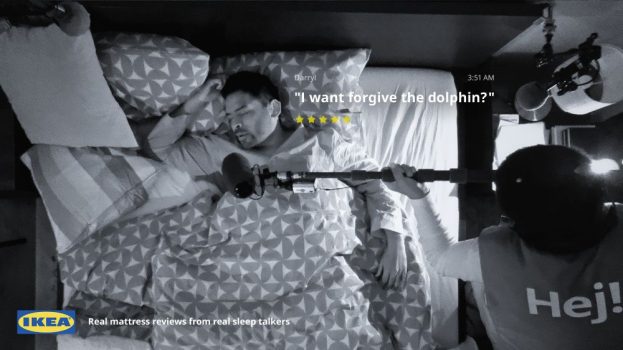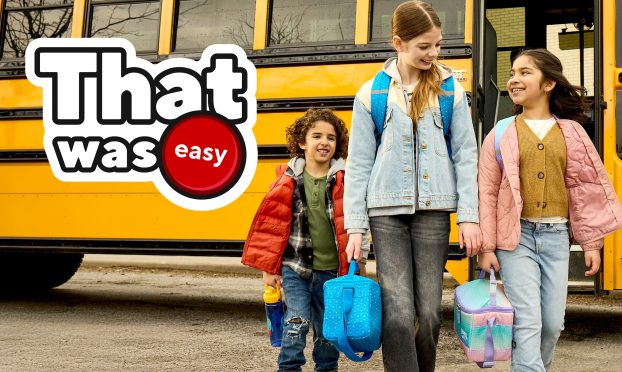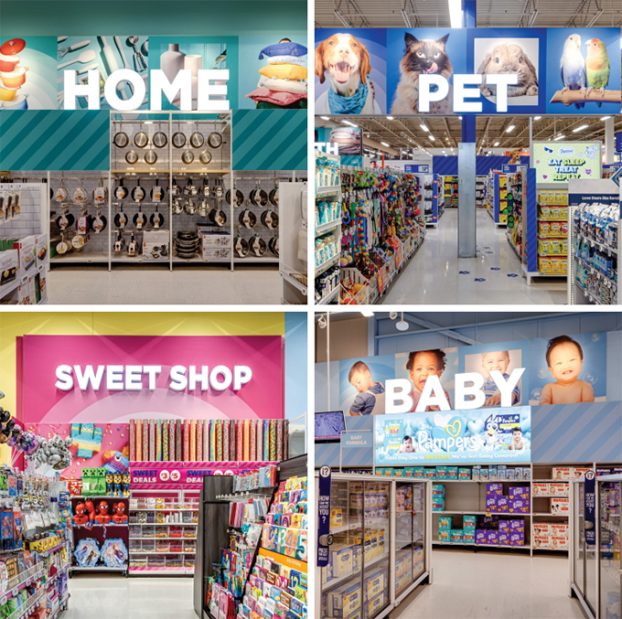YouTube is using its platform to draw attention to a prison reform issue, part of a project with non-profit Campaign for the Fair Sentencing of Youth to show audiences what it is like to be a young person inside an adult prison.
The video starts by placing the viewer in the shoes of a young person in the back of dark van as they are transported to a prison facility and eventually find their way to their cell – where the viewer also remains virtually incarcerated, reflecting the fact that some youth are forced to stay there for 23 hours a day. Throughout the video, narration re-tells stories of people Campaign for the Fair Sentencing of Youth have worked with in the past, explaining what solitary confinement was like and the effect it had on them.
Campaign for the Fair Sentencing of Youth is a U.S. non-profit that works to end extreme sentencing of youth, specifically when it comes to children who have been sentenced to life without parole. “#ProjectWitness,” however, is specifically focused on the issue of keeping youth in solitary confinement, and is an effort to use technology to give people an idea of the impact. One in 10 young offenders in the U.S. are sent to adult prisons, where solitary confinement is often used in order to comply with federal laws that mandate youth be kept separated from adult prison populations.
[iframe_youtube video = “jo1gM2LLlIc”]
“You’re able to see and hear the experience of being in solitary confinement from the viewpoint of a child in an adult prison,” says Malika Saada Saar, a human rights lawyer that joined Google as senior counsel on civil and human rights in 2015. “YouTube is a powerful platform for so much more than entertainment — from advocacy to education and awareness — that is open and accessible by everyone. VR is a unique format to pull the viewer into the story.”
The seven-minute VR video debuted at a launch event in New York, and it can be viewed on any device through YouTube’s point-and-click VR interface. The event also included a second experience as part of “#ProjectWitness” that used Google Lens image recognition technology to scan objects and activate AR versions of stories from people spotlighted in the video. The plan is to also bring “#ProjectWitness” to other events where Google and YouTube have a presence in the year ahead, such as SXSW.
Criminal justice reform has been a major CSR effort for parent company Google in recent years, having given over $30 million in grants to criminal justice reform organizations and partnered on projects that help children send digital letters to their incarcerated parents on Mother’s and Father’s Day. It has also banned ads for bail bonds on its platforms, as well as banned questions about criminal questions from its hiring processes.


